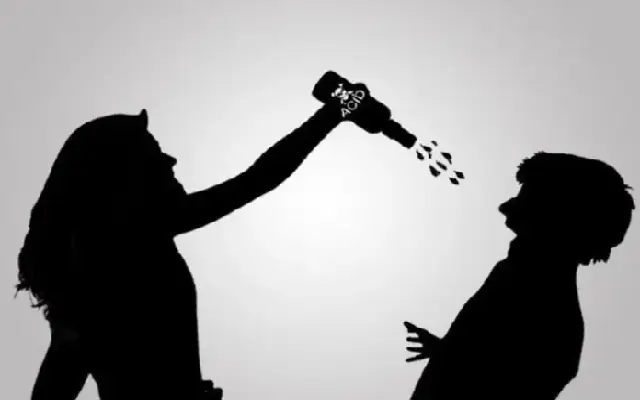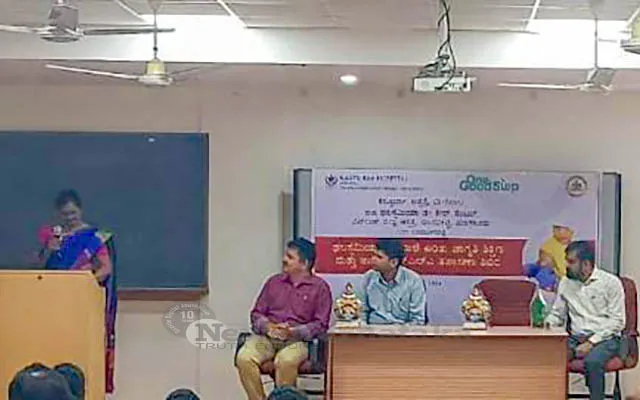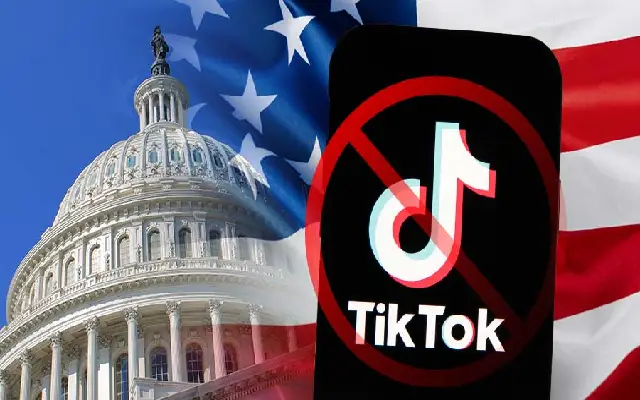 New Delhi: Will the 2020 United States Presidential Election be the most divisive one in the past 100 years? Donald Trump may be the “most divisive major party candidate in the last 100 years” but the balance between the two parties has been “about as even” as in the last 70 years , says a respected US political analyst, adding that “things are bad this year”, but 1968 was even worse.
New Delhi: Will the 2020 United States Presidential Election be the most divisive one in the past 100 years? Donald Trump may be the “most divisive major party candidate in the last 100 years” but the balance between the two parties has been “about as even” as in the last 70 years , says a respected US political analyst, adding that “things are bad this year”, but 1968 was even worse.
“It depends on what you mean by ‘divisive’. We have the most divisive major party candidate in the last 100 years in Donald Trump. Partisan loyalties are as strong as they have been in the last 100 years and the balance between the two parties is about as even as it’s been in at least 70 years. On the other hand, you could make a good case that the most divisive election in the last 100 years was in 1968,” John Mark Hansen, the Charles L. Hutchinson Distinguished Service Professor at the University of Chicago’s Political Science Department, told IANS in an email interview.
In 1968, the American public was deeply divided over the Vietnam War, school desegregation, law and order, and other issues. Martin Luther King Jr. was assassinated in April and Robert F Kennedy in June.
President Lyndon Johnson gave up plans to run for re-election when a “peace” candidate, Gene McCarthy, got 42 per cent in the New Hampshire primary. Richard Nixon, “who got his big break in politics as a red-baiter”, was the Republican nominee and he chose Spiro Agnew, a “clownish bully”, as his running mate. George Wallace ran as a third party candidate on a racist platform and chose Gen. Curtis LeM(“Bomb ’em back to the Stone Age” as his running mate); they won 13.5 per cent of the vote and five states, Hansen pointed out.
“Bad as things are this year, it doesn’t come close to 1968, in my view,” added Hansen, one of the nation’s leading scholars of American politics and whose research focuses on interest groups, citizen activism, and public opinion.
It is said that Donald Trump owes his 2016 victory to the fact that working class White people, particularly the ones without a college education, rural voters and others who felt overlooked by the establishment and left behind by the coastal elite made their voices heard. Does this category, or the Middle American Malaise as some choose to describe it, still feel as strongly to vote in the same manner in 2020?
“The wins Trump made in the Rust Belt were decisive, no question. He tapped into the resentment of white working class voters over the loss of their economic and social position, particularly resentment toward trade. That was real. Ironically, it required a Republican candidate to repudiate a bedrock principle of his party. Trump’s trade war might have made some people feel good – take that, China! – but it really hasn’t changed anything in any material way.
“The President’s only major legislative achievement is a big tax cut for corporations and the wealthy. And now he’s presiding over minus five per cent GDP growth and over 10 per cent unemployment. Voters in the Rust Belt have a lot more to worry about now than the trade balance with China,” Hansen explained.
Be that as it may, he admitted that overall, the economy will be a major issue in the election.
“It was a solid point for him at the beginning of the year. It’s a major negative for him now. He will be lucky if growth rises to zero per cent and unemployment falls below 10 per cent, and that will still be bad for him. He may well have made matters worse for himself by pressing so hard to reopen the economy late in the Spring. Given where things are heading with Covid, we may well be in full lockdown again by the beginning of the campaign season in September. He wanted a big bounce back but he may have gotten himself (and us) a prolongation of the pain,” Hansen maintained.
Will the BLM movement sustain till Election Day and what will its impact be?
“Yes. A lot of African American voters who turned out for Barack Obama in the Rust Belt and the South stayed home in 2016. The stakes are pretty clear in 2020. I expect the Democrats to benefit from higher Black turnout in key states,” Hansen said.
Linked to this, what will the impact be of the anti-Confederate movement – removal of statues, changes in state flags et al -on the election?
“This is pretty interesting. Trump has tried and tried to swing White voters back in his direction by activating racial divisions. At least so far, it’s not working. It’s not 1968 or 1988. As far as we have to go, Whites’ racial attitudes have liberalized. Perhaps even more important, race baiting looks like an attempt at diversion when you’re worried about your job or worried about getting sick,” Hansen said.
At the bottom line, Trump’s biggest asset is the loyalty of Republican voters as this is what kept him close enough to win some close states in 2016, Hansen said, adding: “He’s had a hard time holding on to White suburban women in 2018 and it’s no better now. His support among the elderly also seems to have eroded.”
“The biggest question mark for the fall is how Covid will affect theactual voting. If conditions in the South and West are as bad in October as New York, New Jersey, and Illinois were in May, there may be some Republicans who wish they’d gotten behind mail-in ballots (that give voters a chance to decide in advance on how they will cast
their votes),” Hansen concluded .
















